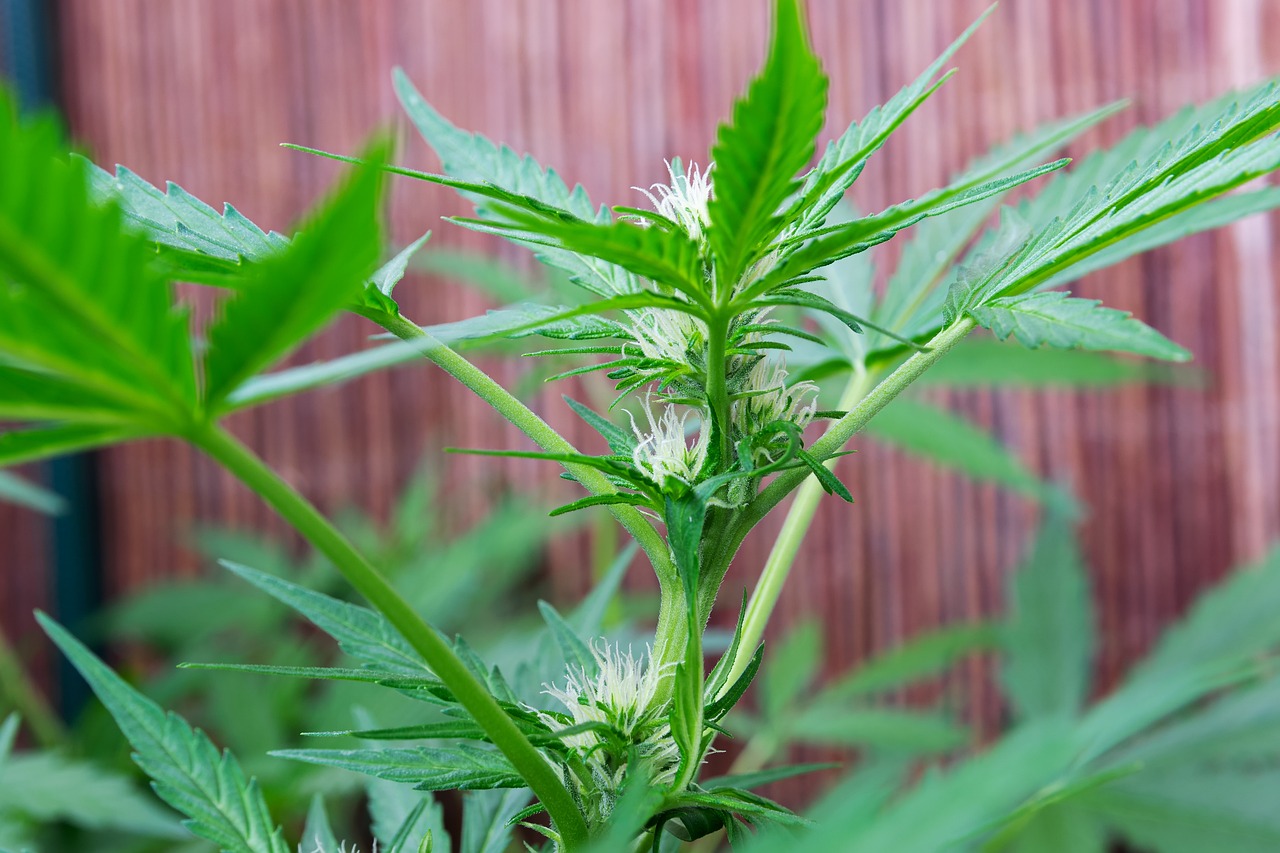In recent years, the cannabis industry has seen a surge in interest surrounding THCA, a non-psychoactive cannabinoid found in raw cannabis plants. Unlike its more famous counterpart, THC, THCA does not produce the “high” typically associated with cannabis consumption. This article explores the benefits of Top-rated THCa flower strains, shedding light on its potential therapeutic uses and why it is gaining popularity among consumers seeking the medicinal properties of cannabis without the psychoactive effects.
Understanding THCA: The Basics
THCA, or tetrahydrocannabinolic acid, is a precursor to THC. It is found in the trichomes of raw and live cannabis plants. When cannabis is heated through smoking, vaping, or cooking, THCA undergoes decarboxylation, a process that converts it into THC, the compound responsible for the psychoactive effects. In its raw form, THCA does not bind to the CB1 receptors in the brain, which is why it does not produce a high.
Potential Health Benefits of THCA
Research into THCA is still in its early stages, but preliminary studies and anecdotal evidence suggest several potential health benefits:
- Anti-inflammatory Properties: THCA has shown promise in reducing inflammation, which could be beneficial for conditions such as arthritis and lupus.
- Neuroprotective Effects: Some studies indicate that THCA may help protect brain cells, potentially offering benefits for neurodegenerative diseases like Alzheimer’s and Parkinson’s.
- Anti-emetic Properties: THCA may help reduce nausea and vomiting, making it a potential option for patients undergoing chemotherapy.
- Appetite Stimulation: Similar to THC, THCA may help stimulate appetite, which can be beneficial for individuals with eating disorders or those undergoing treatments that suppress appetite.
THCA vs. THC: Key Differences
While both THCA and THC originate from the same plant, their effects and uses differ significantly:
- Psychoactivity: THC is psychoactive, while THCA is not. This makes THCA a preferred choice for those seeking therapeutic benefits without the high.
- Legal Status: In many regions, THCA is legal, whereas THC is not. This is because THCA does not produce psychoactive effects.
- Consumption Methods: THCA is typically consumed in its raw form, often through juicing or as a dietary supplement, whereas THC is consumed through smoking, vaping, or edibles.
Case Studies and Research
Several studies have begun to explore the potential benefits of THCA. For instance, a study published in the British Journal of Pharmacology found that THCA exhibited anti-inflammatory properties in animal models. Another study in the Journal of Neuroimmune Pharmacology suggested that THCA might have neuroprotective effects, offering hope for future treatments of neurodegenerative diseases.
Anecdotal evidence from patients and healthcare providers further supports these findings. Many individuals report relief from symptoms of chronic pain, inflammation, and nausea after incorporating THCA into their wellness routines.
How to Use THCA Flower
For those interested in exploring the benefits of THCA, there are several ways to incorporate it into daily life:
- Juicing: Fresh cannabis leaves and flowers can be juiced to create a nutrient-rich beverage that retains THCA.
- Raw Consumption: Adding raw cannabis to salads or smoothies is another way to consume THCA without decarboxylation.
- Tinctures and Capsules: These products offer a convenient way to consume THCA, often combined with other cannabinoids for enhanced effects.
Consumer Considerations
When exploring THCA products, consumers should be mindful of the following:
- Source Quality: Ensure that the cannabis is sourced from reputable growers who use organic practices.
- Product Testing: Look for products that have been third-party tested for purity and potency.
- Legal Regulations: Be aware of the legal status of THCA in your region, as it can vary significantly.
Conclusion
THCA flower offers a promising alternative for those seeking the therapeutic benefits of cannabis without the psychoactive effects. With its potential anti-inflammatory, neuroprotective, and anti-emetic properties, THCA is gaining attention as a valuable component of holistic health practices. As research continues to unfold, the understanding and applications of THCA are likely to expand, offering new possibilities for patients and consumers alike.
